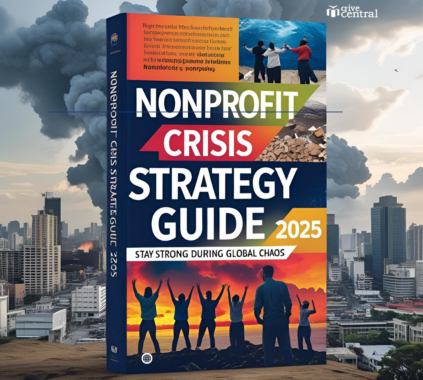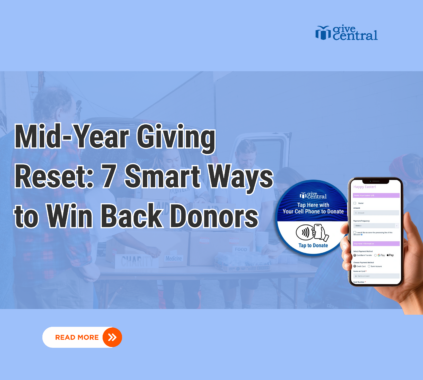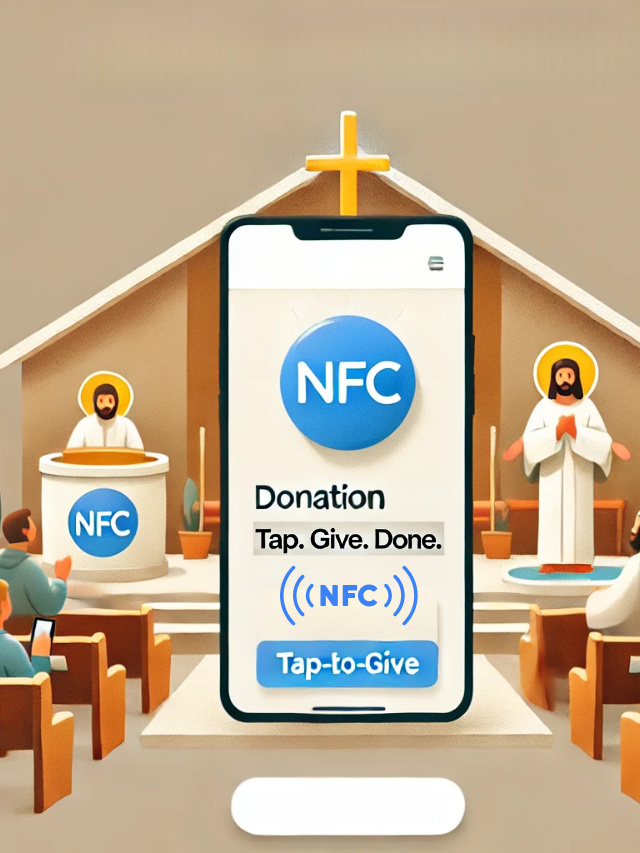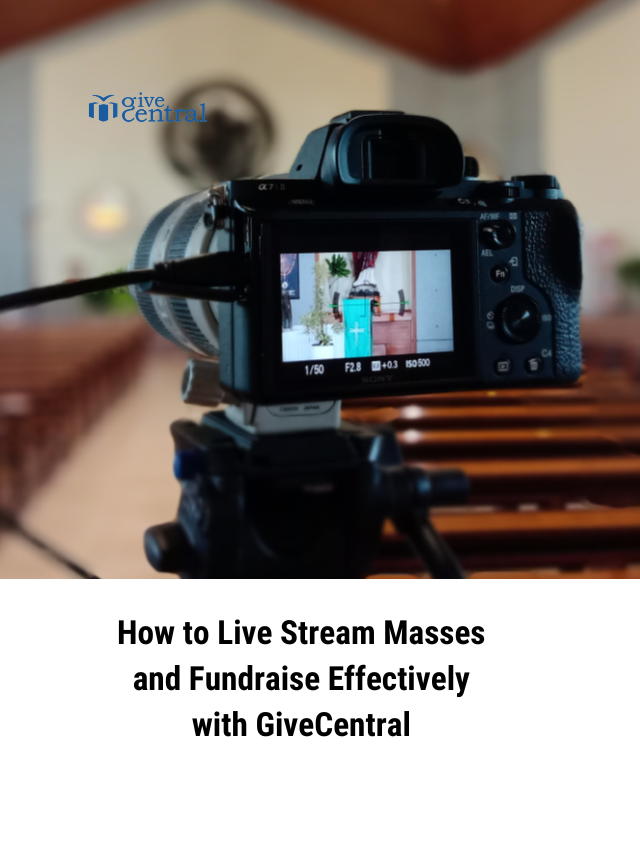To be able to effectively , you would need a strategy along with a team dedicated to your cause. While it is hardly possible to create a fool-proof fundraising campaign, there are certain common mistakes that you could watch out for.
Inefficient goal setting
Often nonprofit organisations believe that a noble cause itself is enough to attract donors and contributions. This couldn’t be farther from the truth since there are more than several thousand noble causes vying for donor attention. That is why it falls upon your organization to help a donor understand your work and its impact. Donors also need to feel that your cause is more important than others. One of your fist goals should be to ensure donors understand that your non profit is offering something of value.
Set your goals both long and short term. Often, when faced with fund shortages, organisations cut back on short-term fundraising programs even though they are profitable. This is a mistake, because it dries up a steady stream of small funds.
Once defined, ensure you stay focused on the decided goals. So, if you’ve decided to organise a non-ask cultivation or a “Thank You” event, ensure it stays so by making no fundraising asks at the time.
Further, when you set a target for your fundraising, make sure it is thought through. Be sure to include elements like the operating budget and campaign management costs that tend to get left out.
A well-designed campaign execution plan is one that details all the phases involved. Set your goals for each phase of every campaign and designate roles and responsibilities. Any successful campaign requires a team of dedicated people that can connect with donors and help them understand the positive change their funds will bring, as well as take on other responsibilities.
In the end, be prepared to adequately measure your performance against the set goals. Evaluate the impact of your activities and ensure use of metrics that are a good fit for your organisation.
Ineffective fundraising events
Amongst other things, a successful fundraising event needs research, financial planning, event preparation, arranging backups and contingencies as well as management of the different phases of the event.
While your fundraising events should target both small and big donors, it’s essential that during the course of your event, all attendees feel welcomed and well treated. Pay attention to your guests and their preferences; don’t make them wait and be a gracious host. Brief your speakers and make sure they don’t bore your audience with lengthy speeches.
Events should also be tailor-made to suit organisational goals – both short term and long term. Another common mistake is to have a fundraising event without a theme. Make sure yours has an exciting one.
To avoid unplanned developments, every fundraising plan should have all aspects detailed out and discussed amongst team members. It’s never too early to start planning your event, so ensure you’re not losing time waiting to start off.
More often than not, fundraising events either come out losing money or hardly covering costs. To ensure your event is not one of these, make a clear outline of all costs that are likely to be incurred during every aspect of an event and plan for their recovery.
Poor donor research
Effective fundraising requires proper donor or prospect research, so that you are able to focus your efforts on your best prospects and make fundraising easier.
Extensive research on the organization’s database of donors must be carried out. Segregate and list donors who have given the largest donations in the past, those who have donated the most often and the newly inducted ones. This will bring clarity about your current donors and open up ways to find new ones.
You could also use one of the many available tools for creating prospect profiles. To get more comfortable with your choice of tool, run yourself through it first.
Also, create different approaches for different target groups, since using the same approach for all donors doesn’t work.
Once prospects are segmented segregat, allocate the required time and resources for relevant fundraising activities.
Not maintaining communication with donors
For successful fundraising efforts, it is important to maintain communication and build lasting relationships with your donors. People who donate, do so only because they are vested in your cause and are able to relate to it. It makes them happy to see their hard-earned money being put to good use and making a positive difference.
Not updating donors regularly about organisational developments is a recurring mistake. Periodic updates informing donors about your nonprofit organization’s current projects, your achievements, future goals and plans, sharing results of received donations and thanking them for their gifts are some of the ways to keep donors informed and involved. This ensures that the lines of communication are always open and makes fundraising much easier.
Successful fundraising appeals also use multiple channels of communication – digital, traditional mail, email, events, radio and more.. The more frequently you communicate, using varied modes of communication, the better will be the results of your fundraising efforts.
Solicitation of social media followers
While soliciting funds on social media may seem like an easy means of fundraising, asking for donations from individuals immediately after they have liked your posts or started following you on social media platforms could backfire.
Auto generated replies and direct emails that track social media followers and keep sending them messages with an ask gives the impression that your organization is solely focused on solicitation. Such asks could make fans wary of your communication or even make them unfollow you.
It would be a much warmer welcome to followers if initial interactions provide information about your organization, its work and its achievements. This will help cultivate and build lasting relationships, providing ongoing opportunities for solicitation.
So, what do you think? Have you experienced any of these fundraising mistakes? Comment below to share your perspective with our readers.
common nonprofit mistakes Fundraising for Nonprofits fundraising success non profit tools nonprofit communications nonprofit tips successful fundraising event successful fundraising for nonprofits
Last modified: July 8, 2017





















I’ve been using CBD gummies in search or [url=https://www.cornbreadhemp.com/products/cbd-sleep-gummies ]cbd sleep gummies[/url] a year conditions, and I can’t believe how much they’ve improved my spark of life! The flavors are at rest engaging, making it a pleasing renounce of my habitually routine. My uneasiness and bring home levels contain significantly decreased, and my catch distinction has improved tremendously. I wake up sensitivity more refreshed and energetic. Notwithstanding, I’ve noticed a tittle of drowsiness during the day, and I care the effects lasted a particle longer. In the face these unimportant issues, I highly commend these CBD gummies representing anyone looking to boost their well-being instinctively!
I’ve been using CBD gummies in return or https://www.cornbreadhemp.com/blogs/learn/cbda-vs-cbd a year conditions, and I can’t feel how much they’ve improved my spark of life! The flavors are at rest engaging, making it a delightful division of my day after day routine. My apprehension and distress levels have significantly decreased, and my log a few zees z’s blue blood has improved tremendously. I wake up feeling more refreshed and energetic. Notwithstanding, I’ve noticed a jot of drowsiness during the era, and I order the effects lasted a whit longer. In spite of these unimportant issues, I approvingly recommend these CBD gummies representing anyone looking to improve their well-being instinctively!